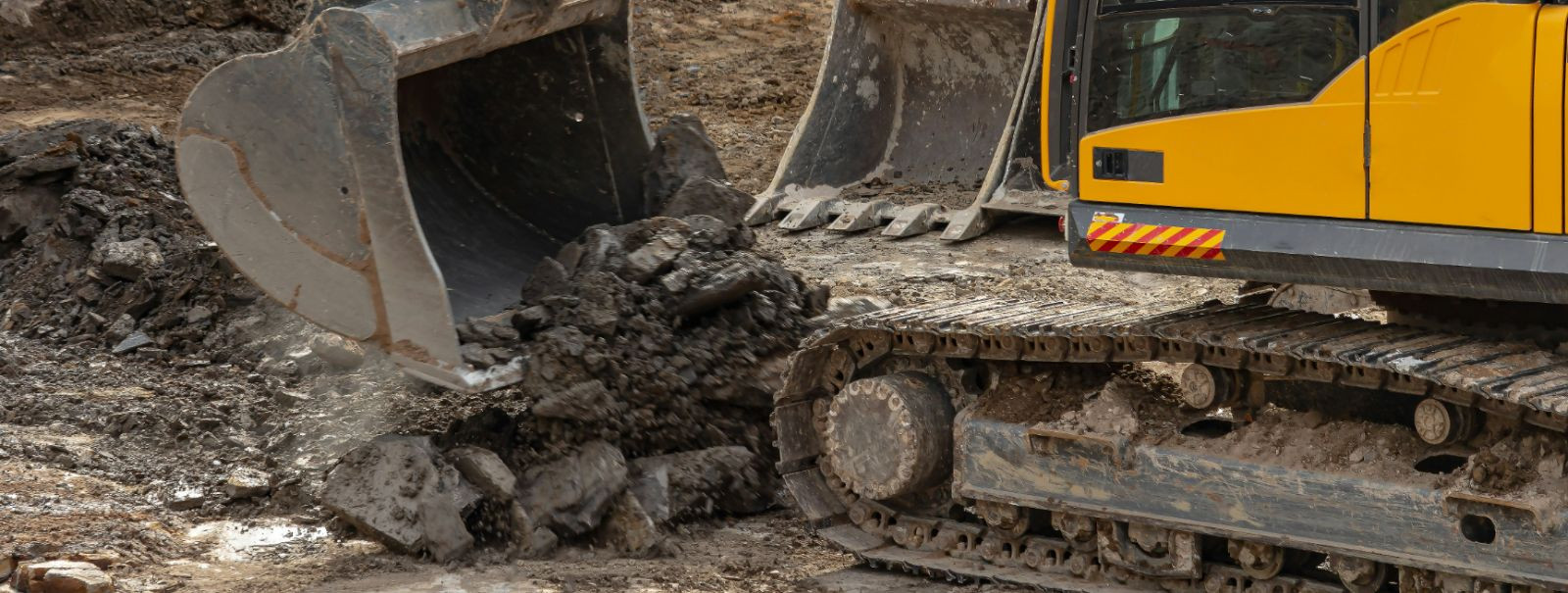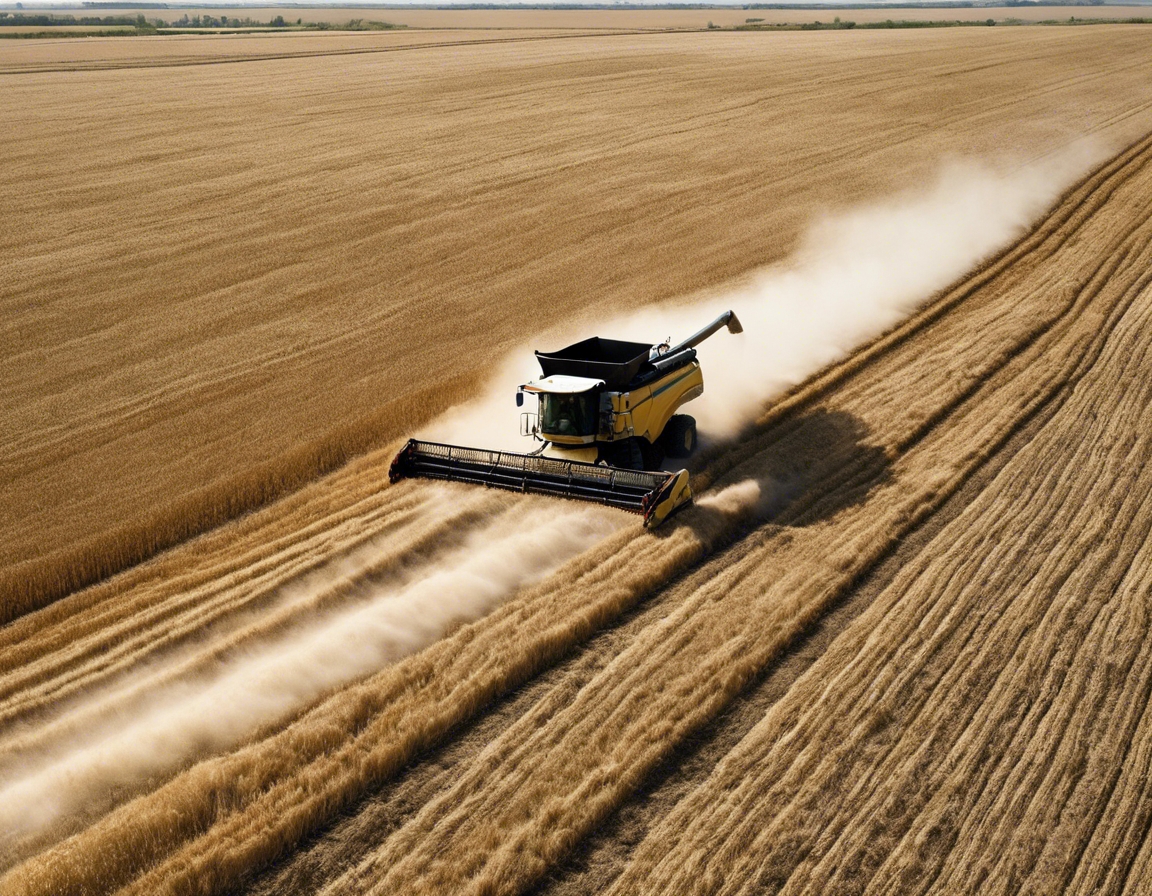The future of earthworks: eco-friendly excavation techniques
As global awareness of environmental issues grows, the construction and forestry sectors are under increasing pressure to adopt sustainable practices. Earthworks, a critical component of these industries, involve the removal and movement of soil and rock, which can have significant environmental impacts. The need for eco-friendly excavation techniques has never been more pressing, as they offer a path to reduce carbon footprints, minimize ecological disruption, and support the health of our planet.
Eco-friendly excavation is about more than just using 'green' equipment. It encompasses a holistic approach to earthworks that considers the entire lifecycle of a project, from planning to execution and beyond. This includes selecting sustainable materials, minimizing waste, reducing emissions, and ensuring that the local ecosystem is preserved or restored following project completion.
Emerging Techniques in Eco-Friendly Excavation
Hydro excavation uses high-pressure water to break up soil, which is then removed with a vacuum system. This method is precise and reduces the risk of damaging underground utilities or disturbing the surrounding soil structure. It also minimizes the need for heavy machinery on site, leading to lower emissions and a reduced carbon footprint.
The advent of electric and hybrid construction equipment is a game-changer for eco-friendly excavation. These machines produce zero on-site emissions and are significantly quieter than their diesel counterparts, reducing noise pollution and enhancing the quality of life for nearby communities.
Advanced GPS and machine control systems allow for more accurate excavation, which means less unnecessary digging and movement of earth. This precision leads to a more efficient use of resources and a decrease in the overall environmental impact of construction projects.
The use of biodegradable lubricants and hydraulic fluids in excavation machinery is another step towards eco-friendliness. These products break down more easily in the environment, reducing the risk of soil and water contamination.
Benefits of Adopting Eco-Friendly Excavation
By adopting eco-friendly excavation techniques, companies can significantly reduce their environmental impact. This includes less disruption to wildlife, lower emissions, and a smaller carbon footprint.
While some eco-friendly practices may require an initial investment, they often lead to long-term savings. Efficient use of resources and reduced fuel consumption can lower operational costs, and precision techniques can decrease the time needed to complete projects.
As regulations around environmental protection tighten, companies using eco-friendly excavation methods will find it easier to comply with laws and avoid potential fines. Moreover, there is a growing market for sustainable services, providing a competitive edge to those who embrace these practices.
Challenges and Considerations
Transitioning to eco-friendly excavation methods can involve significant upfront costs for new equipment and training. Companies must weigh these costs against the potential long-term benefits and savings.
The integration of new technologies requires not only investment but also the infrastructure to support them. This includes charging stations for electric equipment and the availability of biodegradable fluids.
Every excavation site is unique, and eco-friendly techniques may not be suitable for all conditions. Companies must assess the feasibility of these methods on a case-by-case basis, considering factors such as soil type, climate, and project scale.
Looking Ahead: The Role of Innovation and Policy
Continuous innovation is essential to advance eco-friendly excavation. Investment in research and development can lead to new techniques and equipment that further reduce environmental impacts.
Government policies and incentives play a crucial role in promoting sustainable practices. By offering tax breaks, grants, or other benefits, policymakers can encourage companies to invest in eco-friendly excavation.
Sharing knowledge and best practices among industry players is vital for widespread adoption of eco-friendly techniques. Educational programs can also raise awareness and train the next generation of workers in sustainable excavation methods.





Comments (0)